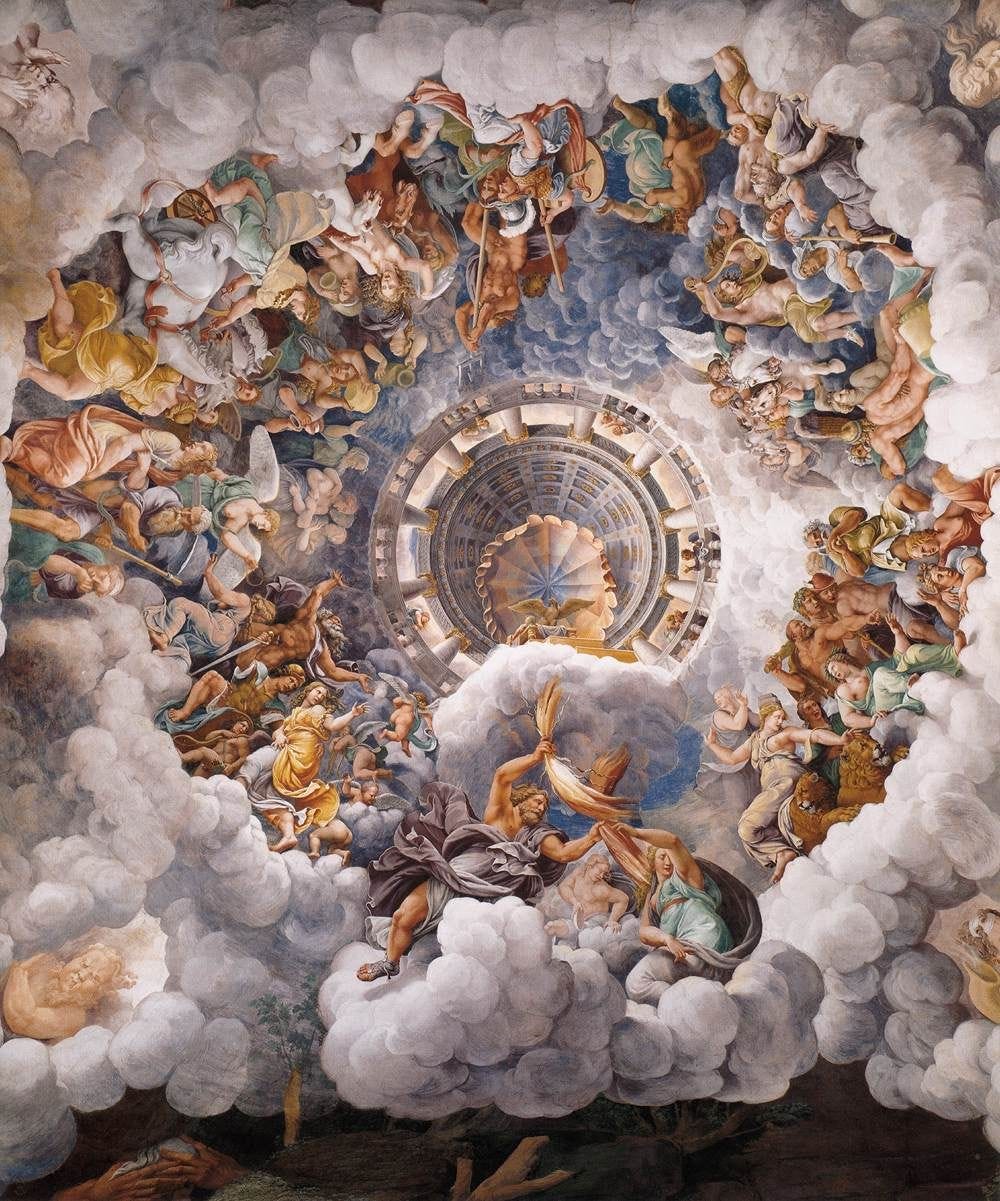
*In this multi-part special edition of The Freedom Analects, we will be featuring the excellent written work of author John Vallis titled “Money Messiah: God, Bitcoin, and The Evolution of Consciousness.” This essay beautifully depicts the deeper aspects of value and money, their indispensability to human action, and demonstrates why corrupt money is such a destructive force. John’s original work is available in its entirety here.
Where is God?
While I found Peterson’s perspective on religion and ‘archetypal narrative’ to be extremely fascinating, and a more ‘rational’ explanation than I had ever considered, it also, perhaps strangely, caused me to see bitcoin differently.
While several aspects of Peterson’s explorations around this topic have piqued my interest, and helped reframe my thinking in several areas, one insight in particular stuck with me:
“God is expressed in the truthful speech that rectifies pathological hierarchies, to confront the chaos of being itself and generate habitable order.”
When I first read this sentence, I had no idea what it meant — it was complete gibberish to me.
But as I thought about it more, I began to see in it a profound truth. So much so, that I find it difficult NOT to see that truth represented nearly everywhere in the domain of human action today.
What I especially can’t stop thinking about, is how this description applies to bitcoin, and more importantly, how it does so in an ‘archetypal’ sense — that is, in the ‘truest’ sense — and what the implications of that might be.
The only change I’d make to Peterson’s definition is to swap ‘speech’ for ‘information’ (though he may very well have meant ‘speech’ to encompass all ‘expression of information’).
Therefore,
“God is expressed in the truthful information that rectifies pathological hierarchies, to confront the chaos of being itself and generate habitable order.’”
The Emergence of Value
When Peterson mentions ‘pathological hierarchies’, what is he referring to?
An understanding of pathological hierarchies necessitates an understanding of ‘value’, as it is value, and values, which ultimately permit the construction and ordering of the hierarchies we establish both internally and externally.
So, what is ‘value’, and where does it come from?
Value, as well as the ability ‘to value’, is made possible by limitation.
All life, indeed all form, is in some way ‘molded’ by the limitations which constitute the parameters of its environment. There is no true ‘vacuum’, as every space is characterized by some, or many, forces or parameters acting upon it.
As such, the ‘shape’ of things, be they living or not, is determined, to varying degrees, by such forces.
For example, if earth were to have a stronger gravitational pull, our skeletal, muscular and nervous system (among other things) would be different.
*Ledn has recently launched a Bitcoin-based home mortgage product. Now you can buy your dream home without selling your Bitcoin!
Sign up with Ledn to get started today: https://mortgage.ledn.io/
Even in the realm of perception, to focus on something is to create borders around it, such that it stands out from the setting or background in which it exists. If not for these parameters, everything would blur together into one big indefinable mess. These limitations then (which consciousness imposes), permit us to bring order to our perception, by giving everything an ‘independent’ or ‘limited’ existence.
Limitation necessitates exclusion (sacrifice).
To take any particular action, or to even simply focus on one particular thing, and to gain the benefit or information to be derived from doing so, we must necessarily forego everything else in that same moment, and devote our limited time and energy resources (even if only our attention) to doing so. We must confront the opportunity cost of all we might gain from placing our focused attention elsewhere, when we commit to focussing it somewhere.
Sacrifice is thus a critical component of value, as it is the use of one’s own limited resources, as that against which all action is measured and justified.
As the Greek philosopher Protagoras rightly noted, “Man is the measure of all things.”
Once things are given a unique identity, and with our own limited selves as a necessary measure, we are able to ascribe ‘value’ to things (in fact we can’t avoid it), through the conscious or subconscious recognition of their motivational significance.
The relative valuation of any given thing, to that of another, naturally generates a hierarchy (one thing is more ‘affectively significant’ than the other), and such hierarchies reveal themselves through the actions which they impel.
These are not static structures. With every action, or with every change to the environment in which we act, these hierarchies (may) shift, fork, and re-orient, as new ‘ideal futures’ — or goals — emerge, on various timelines, and as unexpected events impose changes to the course, and resources, required to achieve them.
In each moment we have many of these ‘ideal futures’, spanning a minute from now to 50 years from now, and so value is what we ascribe to the things or means which move us toward them.
The inevitable consequence of dealing with things in the future is uncertainty, and so accounting for this uncertainty is an inseparable part of value too.
You might then say that value is the combination of what moves us toward the more highly ‘ordered’ state that we desire, combined with the attempt to resist the unwanted or ‘chaotic’ interludes that impede our journey to it.
Or put another way, we could say that value is the path which most efficiently passes through the forces of chaos and order, which reveals what we are willing to give up, for that which we desire to have or become.
It seems likely to me that for this reason, the foundation upon which all powerful ‘hero’ stories is built, and the most fundamental questions they attempt to explicate and explore are:
‘What is the greatest ‘future me’ to strive for?’
And given that,
‘What becomes the thing of greatest value — what most helps bring it, or me, into being?’
*Join me at the biggest event of the year, Bitcoin 2022. See below for 10% discount on tickets*
“Bitcoin 2022 Conference is the biggest gathering of the Bitcoin ecosystem in the world. Join me and the movers and shakers shaping the Bitcoin future next April 6-9th in Miami Florida for Bitcoin 2022 Conference.”
Paying with Fiat? 10% Affiliate link: http://tixr.com/pr/robertbreedlove/26217
Paying with Bitcoin? Use promo code: BREEDLOVE.
These are fundamentally important questions, because whether this process occurs consciously or unconsciously, it’s ultimately our conception of a future self which ‘judges the value’ (determines the motivational significance) of everything we encounter, effectively determining the path our lives take — who we ‘are’, and who we’ll ‘become’.
Peterson:
“Lurking in the background is an ‘implicit’ (that is, unconscious) ideal, against which all ‘insufficient’ present states are necessarily and detrimentally compared…The highest value toward which effort is devoted determines what will become elevated, and what subjugated, in the course of individual and social existence.”
In effect, the highest ideal one sets for themselves, becomes their ‘god’, as it becomes the standard against which, and by which, all value is determined.
God, in a sense, is the thing which is beneficially contrasted with everything else — the ‘ultimate judge’, as it were.
Determining which ideal, value or principle to be oriented by is thus seen as being tantamount to ‘choosing the right god’, and therefore not surprisingly, why it is just that question which religious narrative attempts to so painstakingly explore, and possibly answer.
But what if the ‘wrong’ ideal is chosen? What if the ‘aim’ is not as aligned as it could be with what most generates optimal outcomes? The answer, it would seem, is that one fails to bring about the best possible good of which they are capable, and possibly even feeds or fosters the opposite (‘evil’). As a result, and as nobody can escape the consequences of these decisions, taking these questions seriously is of the utmost importance.
Part of the purpose of religious story, is to abstract these questions, by introducing various characters and circumstances that permit the reader/listener to ‘see’ the results of ‘choosing’ one ideal over another. The narrative attempts to showcase the ‘acting out’ of different ideals, and the process of ‘trading them up’, by continuing to adopt the one that leads to the ever more ‘successful’ outcome.
This process inevitably leads to the ideal which is revealed to generate the ‘best’ outcome — by virtue of its congruence with the ‘truth’ of our experience of reality, and therefore the optimal structuring of value hierarchies, and the action which stems from them.
In Part 5, we will examine the relationship between reality, the good, and God…
Thank you for reading Money Messiah (Part 4).
PODCAST
SOCIAL
SUPPORT
Send Bitcoin to my PayNymID: +tightking693
RECOMMENDED BUSINESSES
Automatically buy and withdraw Bitcoin ($10 in free Bitcoin here)
Join Me at the Bitcoin 2022 Conference in Miami, FL (Code: BREEDLOVE)
Home Delivered Organic Grass-Fed Beef (Discount Code: BREEDLOVE22)
Bitcoin-based home mortgages with Ledn: A better home for your Bitcoin
If you’ve found my work to be valuable, please join our private telegram group:




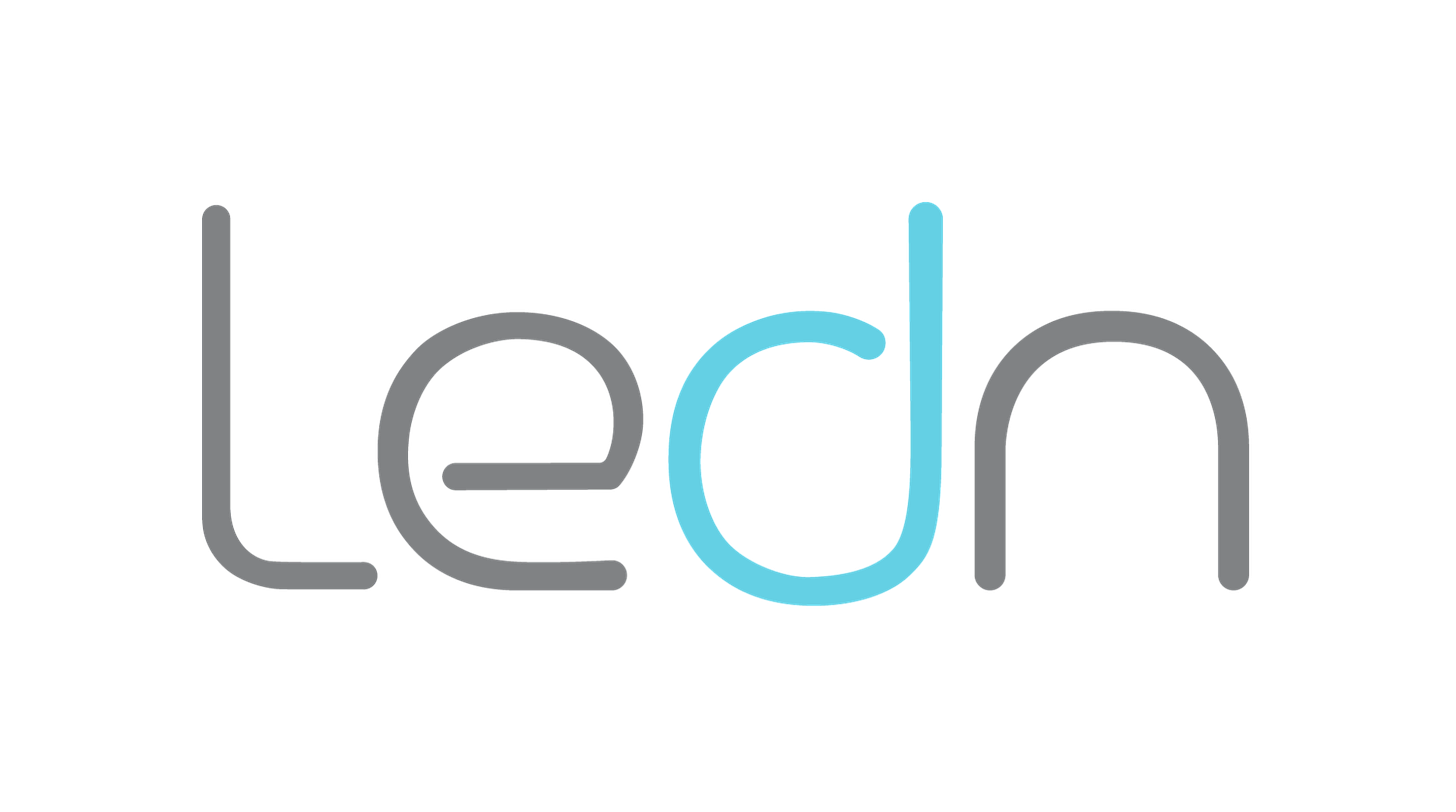




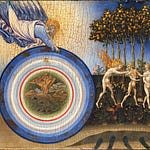

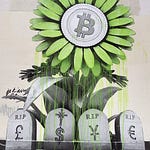



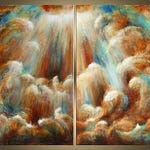

Money Messiah (Part 4)